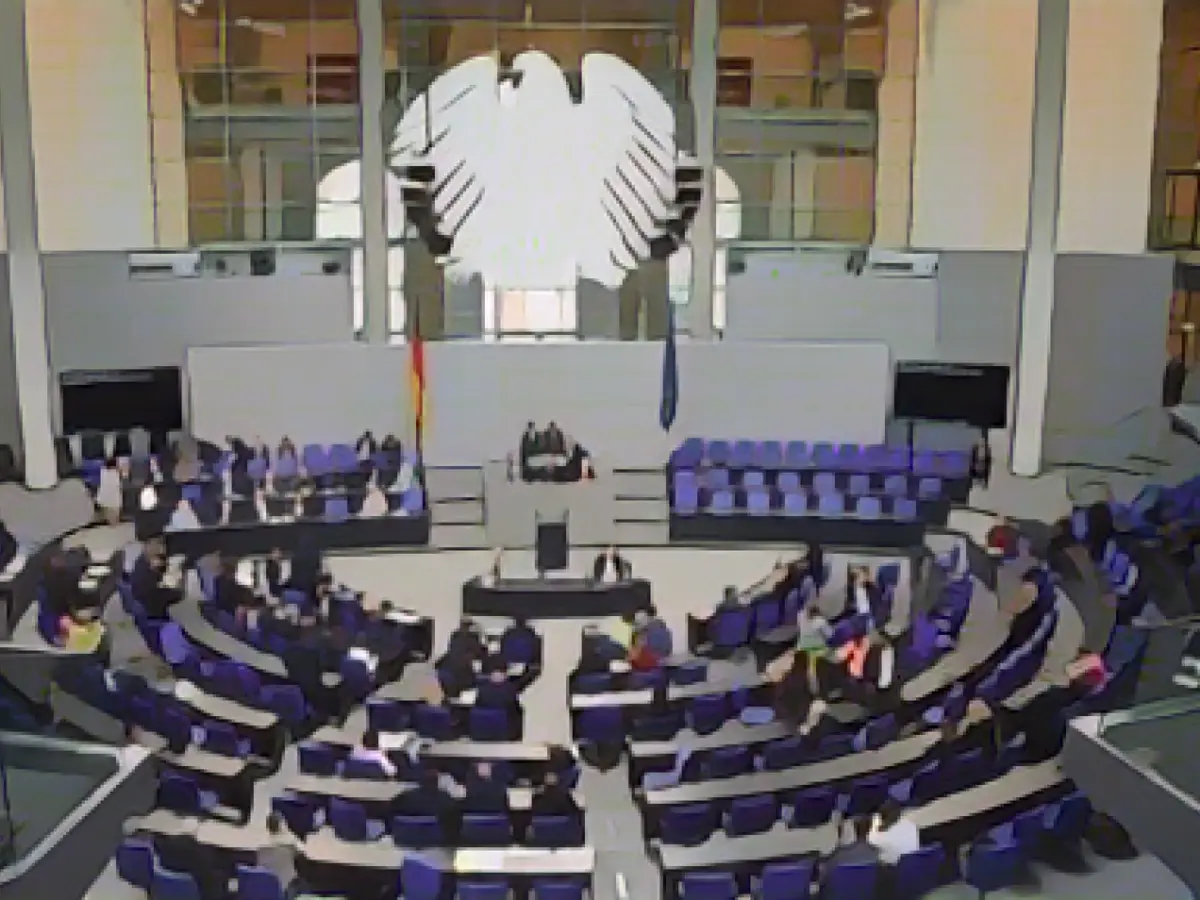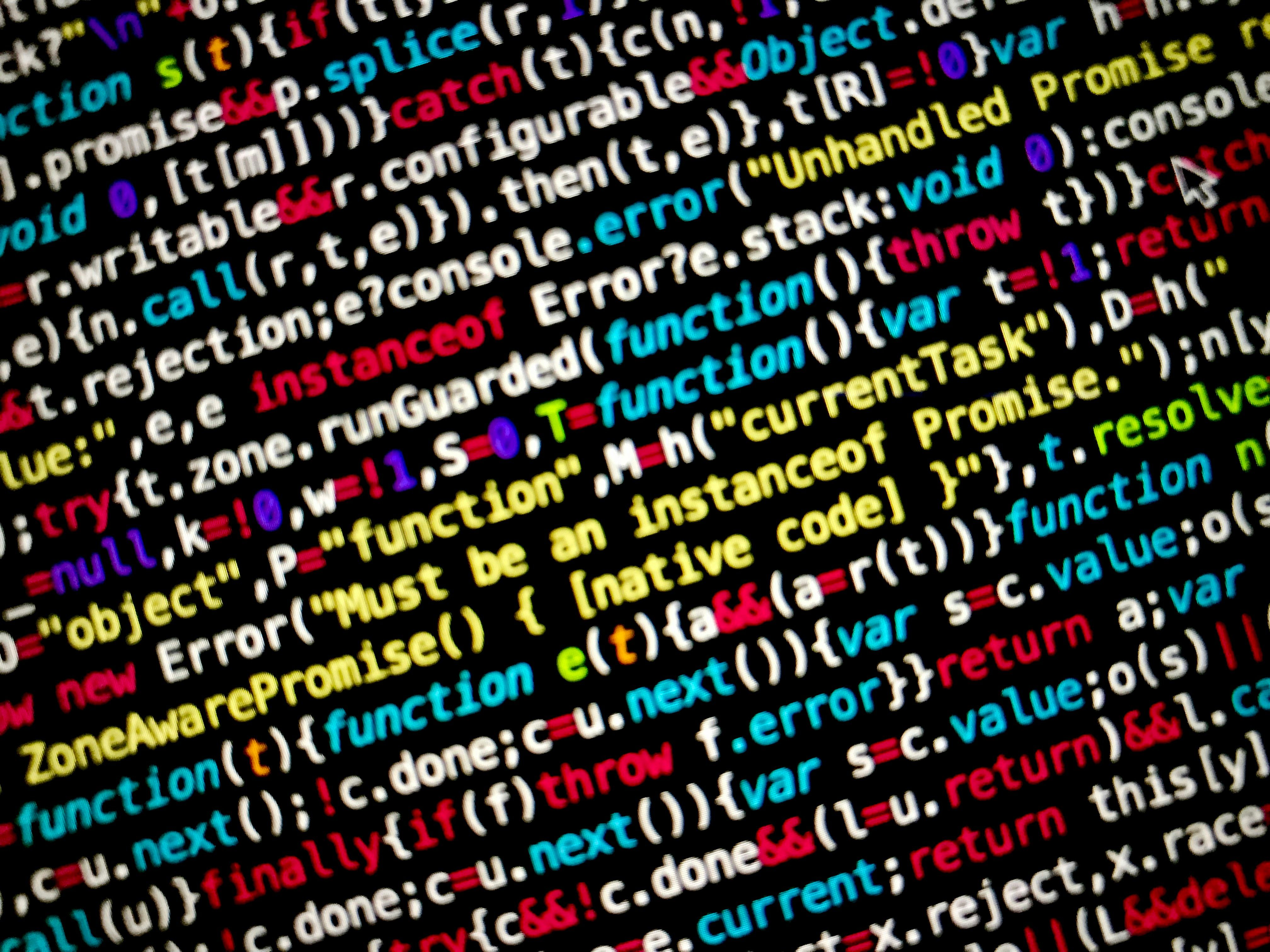Bundestag Lifts Debt Limit Again in 2023 and Approves Extra Budget
In response to the economic crisis brought on by the COVID-19 pandemic and additional pressures, such as the conflict in Ukraine and the Ahr valley flood, the German parliament, Bundestag, has suspended the debt brake once more in 2023, approving a supplementary budget.
Otto Fricke, an FDP finance policy representative, defended the "Ampel" coalition's strategy in this year's budget, arguing that billions earmarked for aid through special funds would need to be transferred to the regular budget due to soaring energy prices and the disaster in the Ahr valley.
Green politician Sven-Christian Kindler emphasized the importance of transparency in financing aid payments, while criticizing the CDU/CSU-led state governments in Saxony-Anhalt and Schleswig-Holstein for suspending the debt brake after the budget ruling. SPD critic Denis Rohde criticized the CDU/CSU for their "destructive populism" in handling matters at the federal level.
Given the resolution passed after a majority vote in the Bundestag, the CDU/CSU and AfD voted unanimously against this decision. The Federal Constitutional Court deemed the coalition's method for bypassing the budget unconstitutional, according to CDU budget expert Mathias Middelberg, who also voiced concerns about continuing to bypass regular budgets through special funds.
The 2023 budget has been criticized by the CDU/CSU and AfD as unconstitutional, with AfD MP Peter Boehringer echoing their sentiments. FDP's finance minister, Christian Lindner, subsequently declared an emergency at the end of the year to suspend the debt brake again.
In the debate surrounding the budget, Left Party politician Gesine Lötzsch demanded the abolition of the debt brake as a limitation on the future. Meanwhile, former Left Party member Sahra Wagenknecht accused the coalition of reckless budget management at the expense of the citizens.
As a consequence of their 2024 budget agreement, the CDU/CSU chastised the SPD, Greens, and FDP for placing an excessive burden on citizens through additional levies and taxes. According to Mathias Middelberg, the resolutions were less a compromise than an attempt to mend the fractured "traffic light" coalition.
The CDU/CSU argued that the 45-euro CO2 tax increase on fuels and heating was merely an attempt to generate revenue from citizens, while the promised climate compensation still had not materialized. The increase was passed by the Bundestag as part of the financing act and subsequently authorized by the Bundesrat.
Additional Insights
The suspension of the debt brake in 2023 is a measure intended to address economic crises caused by the COVID-19 pandemic and other factors. During this time, the Constitutional Court declared a tactic by the coalition to bypass budget constraints unconstitutional.
The suspension offers fiscal policy flexibility, enabling the government to respond to emergencies without being bound strictly by a 0.35% GDP deficit limit. It has also sparked political instability, as differing views on the need for such flexibility have led to conflicts within the ruling coalition.
The debate over the future of the debt brake continues, with the SPD, Greens, and BSW advocating for loosening fiscal regulations to increase investment and maintain social welfare, while the CDU/CSU, FDP, and AfD support preserving or tightening the rules.
Sources:
- Debt Brake Suspension Background:
- German Activists in Dubai:
- Conflict between Israel and Hamas:
- Nuclear Fusion and Energy Problems:








